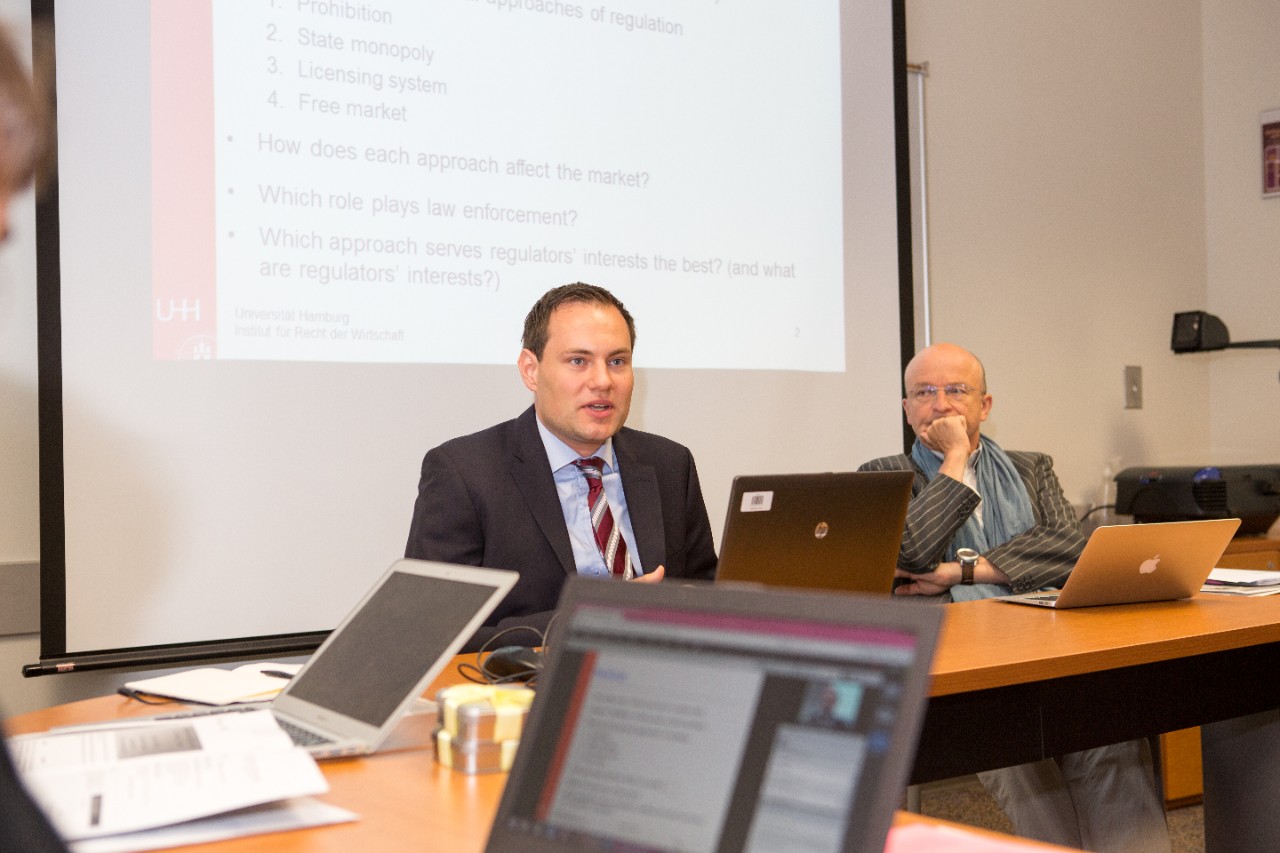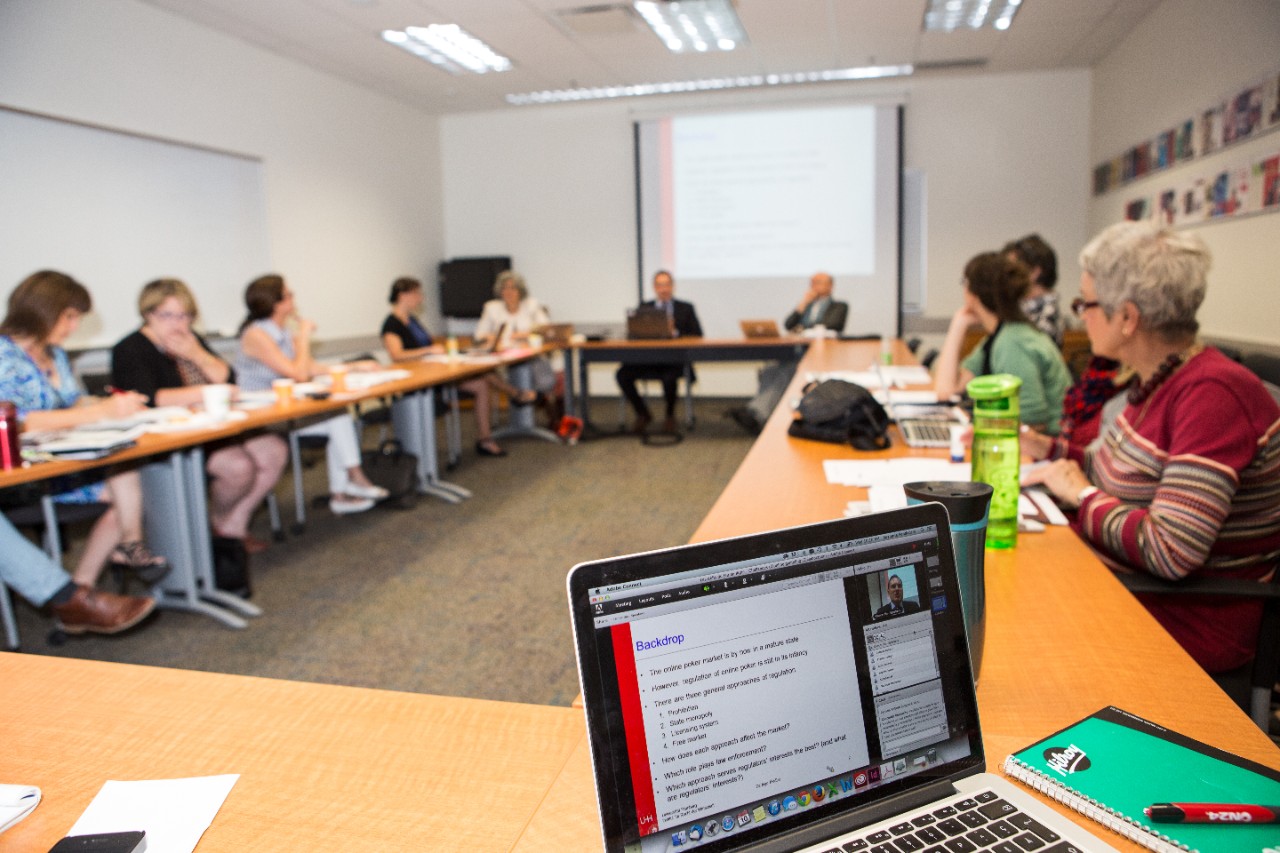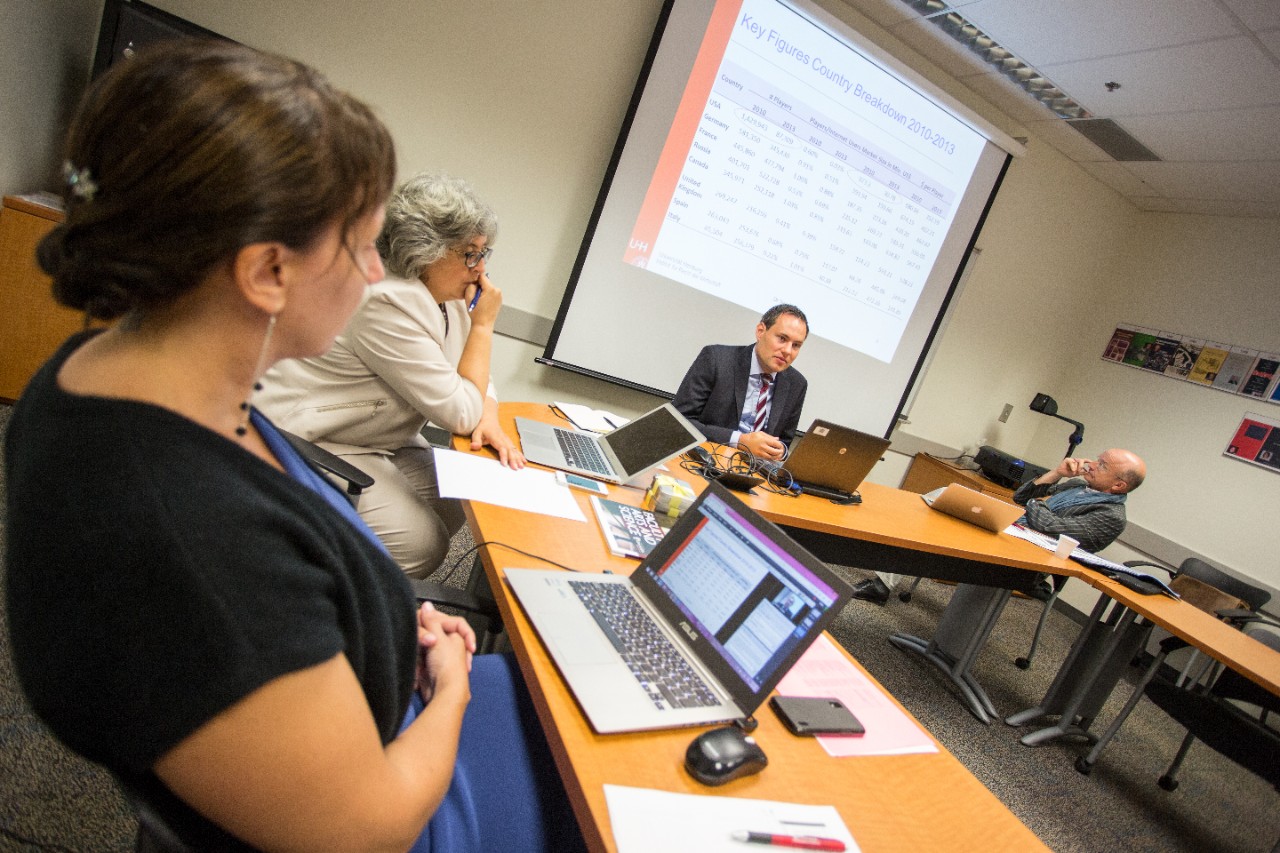Dr. Ingo Fiedler - Online Poker Market and Regulation [PDF– 321 KB]
The poker boom of the 2000’s ended with the law enforcement of the U.S. in April 2011. Analyses of market’s development as well as playing habits are presented by building upon the Online Poker Database of the University of Hamburg (OPD-HH), which contains information on the 4.6 million poker players in 2010 and another 2.9 million poker players in 2013.
In line with the global market plummet from US$3.6 billion in 2010 to US$2.1 in 2013, Canada saw a reduction from 346,000 players spending US$220 million in 2010 to 189,000 players spending US$143 million in 2013. Despite this shrink, demand for poker is still dominated by a small group of players driving the whole market: 1% of players accounted for 55% of playing volume (US$ rake paid to the operator), in 2010 and 57% in 2013.
In most jurisdictions the market is illegal but prohibition is not enforced. The result is the freest possible market with all its negative consequences: addiction, money laundering, and fraud. Regulation can be an answer: in France and Spain licensed sites cover above 99% of the market in Italy 80%. State ‘monopolies’, however, do not work without law enforcement: 64% of the Swedish market is still unregulated, the estimate for Québec is 92%.
Dr. Jean-Michel Costes - Issues Surrounding the Legal Opening of Online Gambling in France [PDF– 1.3 MB]
There is no common regulatory framework for gambling in Europe. The various states member of the EU have different legal approaches, ranging from prohibition to legalization without too much constraint. For its part, France opted for a partial legalization in 2010: a mixed system of a state monopoly for online lotteries and highly regulated licenses for sports and horse betting, as well as for poker.
The practice of these online games has increased to nearly 4% in the French population, or nearly 8% in players. The vast majority of this activity takes place legally, with the exception of poker for which a non-negligible proportion is practiced under unregulated suppliers. Online gambling concerns a population of relatively newer players, a population that is younger, more educated and from higher socioeconomic strata. In 2012, among online gamblers, it was estimated that 10.4% were moderate-risk gamblers and 6.6% were probable pathological gamblers (based on the CPGI tool). These proportions are considerably higher than those previously reported among all players, using the same tool. This risk is further increased for certain types of games, including those that are not part of the open field and regulated by the law.
Online gambling is open to new categories and induces a greater proportion of problem gamblers than traditional gambling. It is necessary to develop specific preventive measures for problems related to online gambling, adapted to this particular population, and to monitor developments in online gambling, including whether the expected protective effect is reached following the implementation of a highly regulated legal framework.





